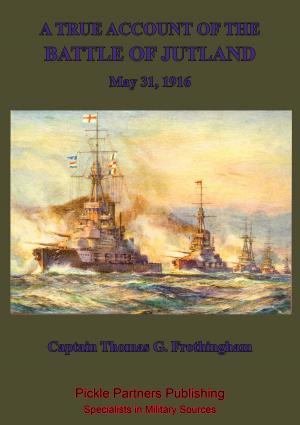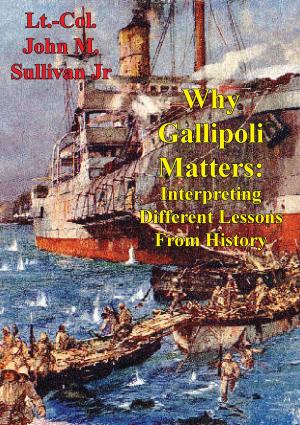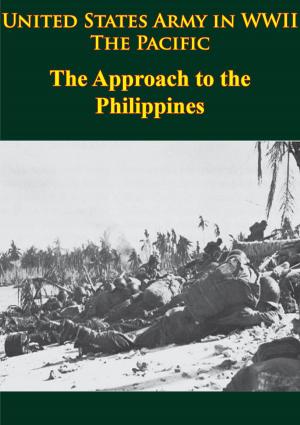Marines In World War II - The Battle For Tarawa [Illustrated Edition]
Nonfiction, History, Germany, European General, Military, United States| Author: | Capt. James R. Stockman | ISBN: | 9781782892779 |
| Publisher: | Verdun Press | Publication: | August 15, 2014 |
| Imprint: | Verdun Press | Language: | English |
| Author: | Capt. James R. Stockman |
| ISBN: | 9781782892779 |
| Publisher: | Verdun Press |
| Publication: | August 15, 2014 |
| Imprint: | Verdun Press |
| Language: | English |
The Story of the bloody brutal Battle of Tarawa, also known by its codename Operation Galvanic, was the first time that the Americans and principally the Marine Corps faced serious opposition to a seaborne landing.
Contains 30 photos and 12 maps and charts.
“Tarawa was the first in a series of amphibious operations which carried United States forces across the Central Pacific to the homeland of Japan. When the 2d Marine Division landed on Betio Island, Tarawa Atoll on 20 November 1943, twenty years of Marine Corps study and work, already tested at Guadalcanal and at Bougainville, was put to an acid test.
Tarawa was the first example in history of a sea-borne assault against a heavily defended coral atoll. Marine preparations for this operation were thorough; its plans were executed in a noteworthy manner. In the final analysis, however, success at Tarawa depended upon the discipline, courage, and fighting ability of the individual Marine. Seldom has anyone been called upon to fight a battle under more difficult circumstances.
In capturing Tarawa, the 2d Marine Division accomplished a difficult mission in an expeditious manner. Seventy-six hours after the assault troops landed in the face of heavy resistance, the battle was over and an important base secured with the annihilation of its defending garrison.
Of even greater importance, however, was the fact that this successful operation underlined the soundness of our doctrines of amphibious assault. The lessons learned and confirmed at Tarawa paid great dividends in every subsequent operation from the Marshalls to the shores of Iwo Jima and Okinawa.-A.A. VANDEGRIFT, General, U.S. Marine Corps, Commandant of the Marine Corps”
The Story of the bloody brutal Battle of Tarawa, also known by its codename Operation Galvanic, was the first time that the Americans and principally the Marine Corps faced serious opposition to a seaborne landing.
Contains 30 photos and 12 maps and charts.
“Tarawa was the first in a series of amphibious operations which carried United States forces across the Central Pacific to the homeland of Japan. When the 2d Marine Division landed on Betio Island, Tarawa Atoll on 20 November 1943, twenty years of Marine Corps study and work, already tested at Guadalcanal and at Bougainville, was put to an acid test.
Tarawa was the first example in history of a sea-borne assault against a heavily defended coral atoll. Marine preparations for this operation were thorough; its plans were executed in a noteworthy manner. In the final analysis, however, success at Tarawa depended upon the discipline, courage, and fighting ability of the individual Marine. Seldom has anyone been called upon to fight a battle under more difficult circumstances.
In capturing Tarawa, the 2d Marine Division accomplished a difficult mission in an expeditious manner. Seventy-six hours after the assault troops landed in the face of heavy resistance, the battle was over and an important base secured with the annihilation of its defending garrison.
Of even greater importance, however, was the fact that this successful operation underlined the soundness of our doctrines of amphibious assault. The lessons learned and confirmed at Tarawa paid great dividends in every subsequent operation from the Marshalls to the shores of Iwo Jima and Okinawa.-A.A. VANDEGRIFT, General, U.S. Marine Corps, Commandant of the Marine Corps”
![Cover of the book Marines In World War II - The Battle For Tarawa [Illustrated Edition] by Capt. James R. Stockman, Verdun Press](https://www.kuoky.com/images/2014/august/500x500/9781782892779-O9WM_500x.jpg)

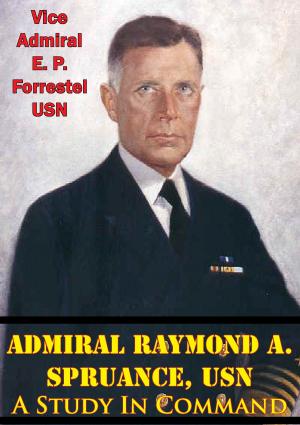
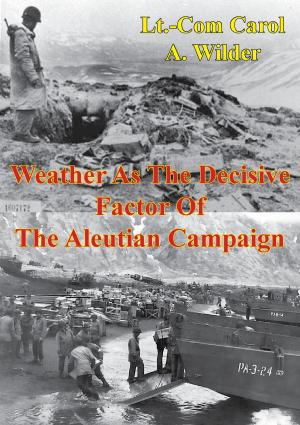
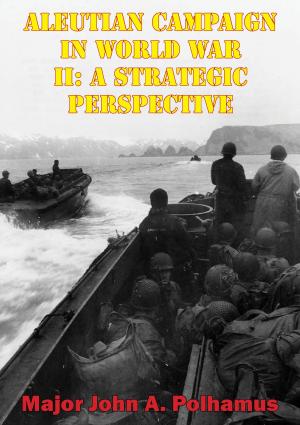

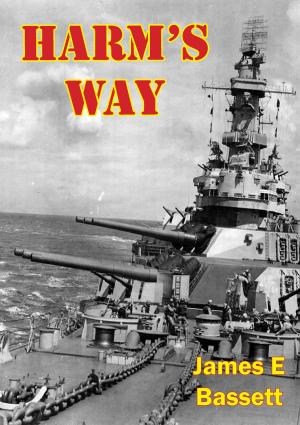
![Cover of the book Analysis Of Deep Attack Operations: Operation Bagration, Belorussia, 22 June - 29 August 1944 [Illustrated Edition] by Capt. James R. Stockman](https://www.kuoky.com/images/2014/august/300x300/9781782895459-fPbK_300x.jpg)
![Cover of the book The Fifth Army In March 1918 [Illustrated Edition] by Capt. James R. Stockman](https://www.kuoky.com/images/2014/august/300x300/9781782894834-9qa1_300x.jpg)
![Cover of the book Marines In World War II - Bougainville And The Northern Solomons [Illustrated Edition] by Capt. James R. Stockman](https://www.kuoky.com/images/2014/august/300x300/9781782892786-VZXx_300x.jpg)

